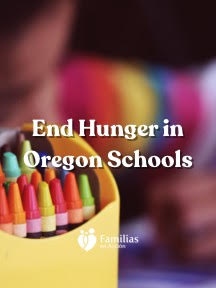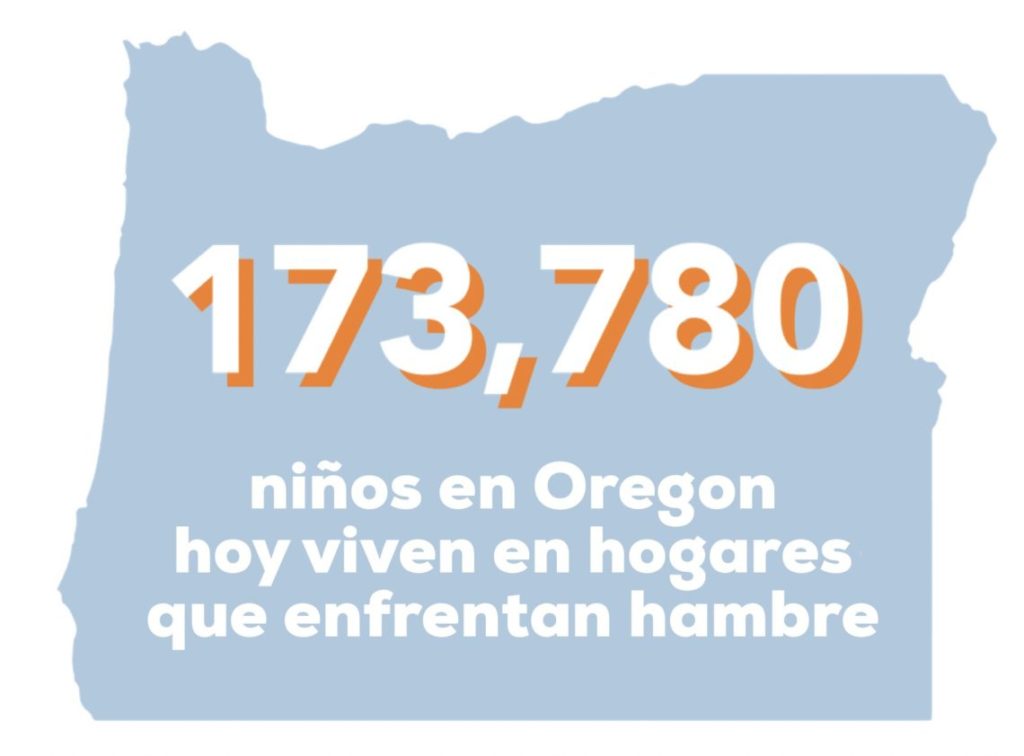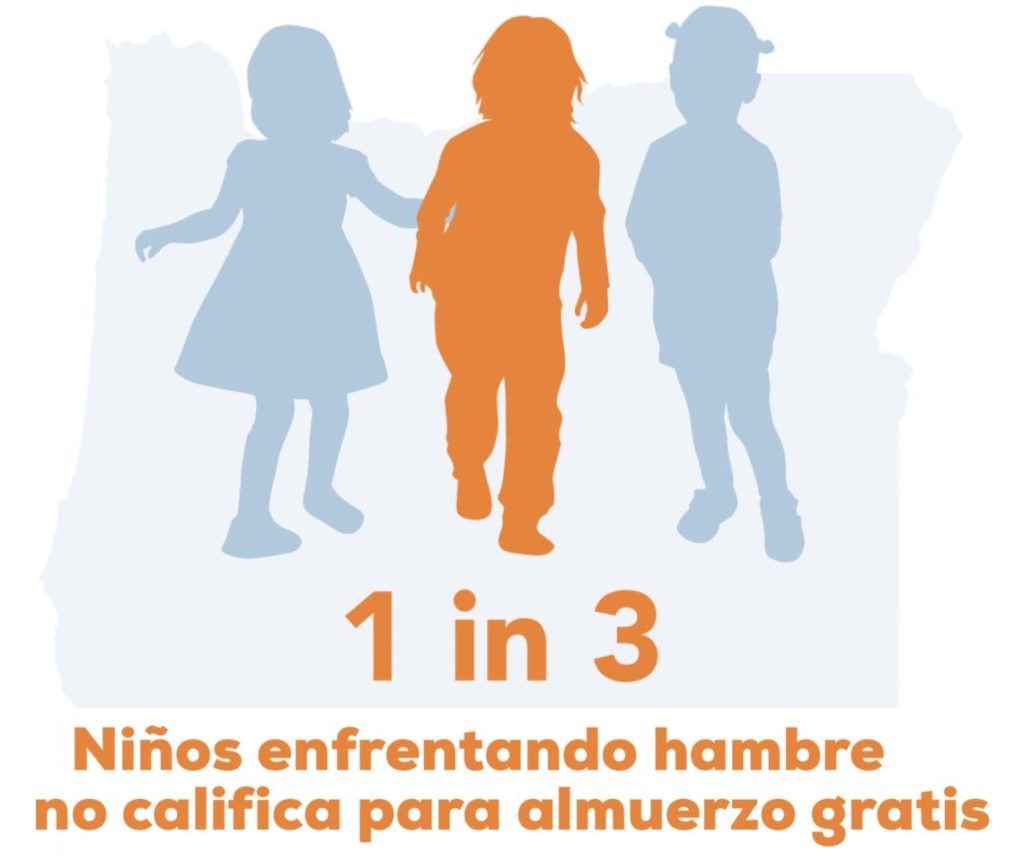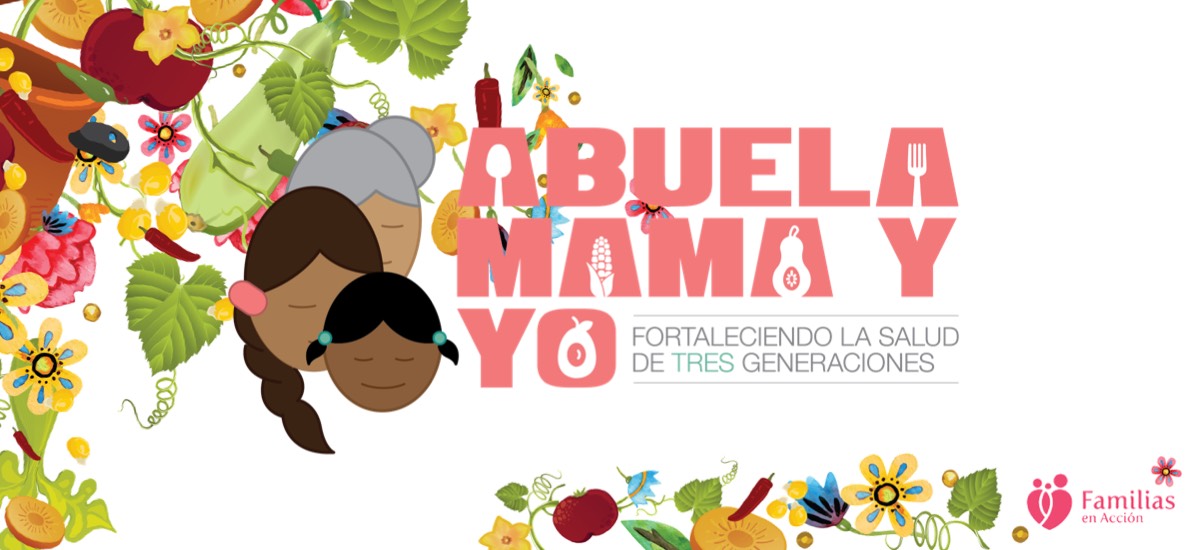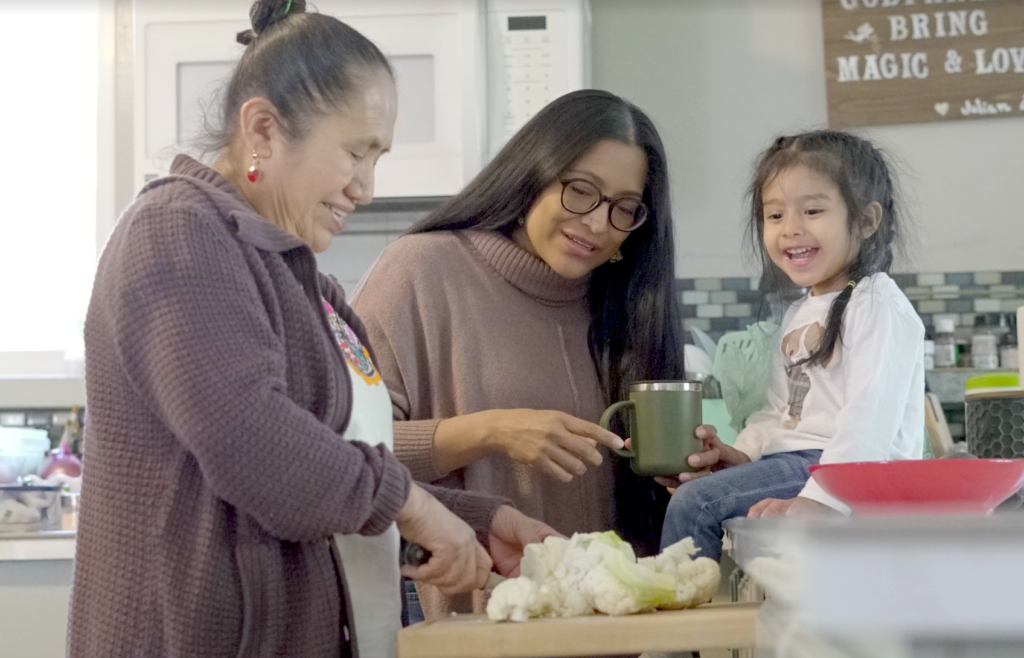
AMY’s Community Council goal is to develop strategies and build advocacy skills to impact equitable health policies in Oregon. Members are volunteers who share knowledge on parenting, pregnancy, early childhood development, prenatal care, food equity, health disparities and latino community social services.
So far, the Community council has identified policy issues that include the following:1. equitable access to healthy food; 2. increased access to prenatal education and early childhood education; and 3. reduced access to sugar sweetened beverages.
During its first year (2018), the Community Council has conducted training sessions on the importance of nutrition during pregnancy and epigenetics; it has also revised the Abuela, Mamá y Yo Curriculum and participated in focus groups in Portland, Hermiston, and Woodburn. Furthermore, the Community Council participated in campaign against Measure 105, which was defeated.
The Council has held discussions about social determinants of health and barriers to food access such as lack of transportation, community gardens, and understandable, accurate information about different programs such as Supplemental Nutrition Assistance (SNAP), the Special Supplemental Nutrition Program for Women and Infants and Children (WIC), and Double-up Bucks. A theme they have all shared is the mistrust and fear people experience due to the uncertainty of whether it is safe to apply for these benefits due to the possible impact on legal status, especially considering recent public charge policies.
For 2019, the Community Council has decided to learn more about food assistance services such SNAP, WIC, and Double-Up Bucks and how they might be affected by public charge. In March 2019, the Community Council got trained on SNAP and did secret shopper visits to DHS offices with the purpose of evaluating customer service and learn more about the process. Stay posted for more Community Council updates!

